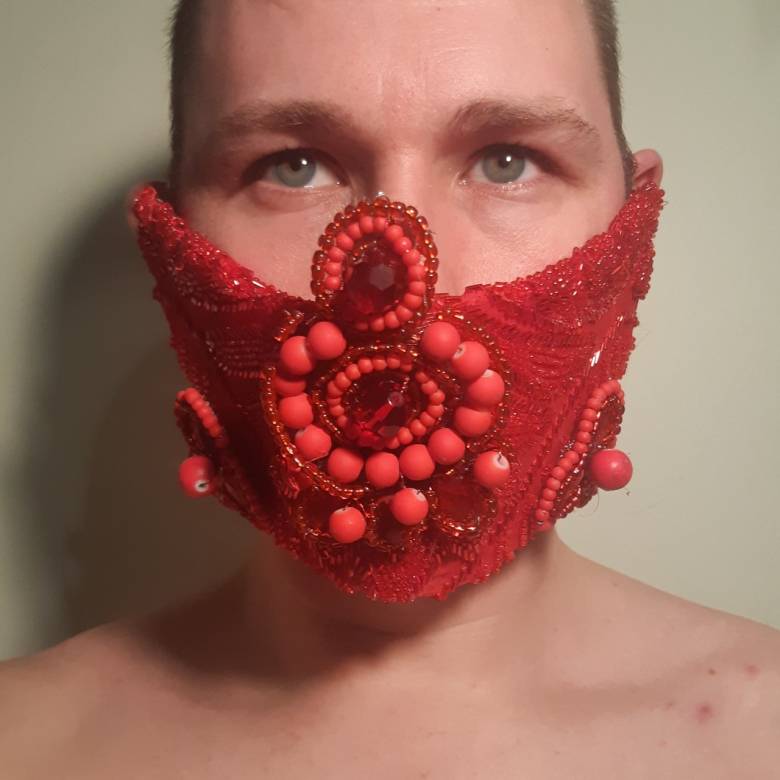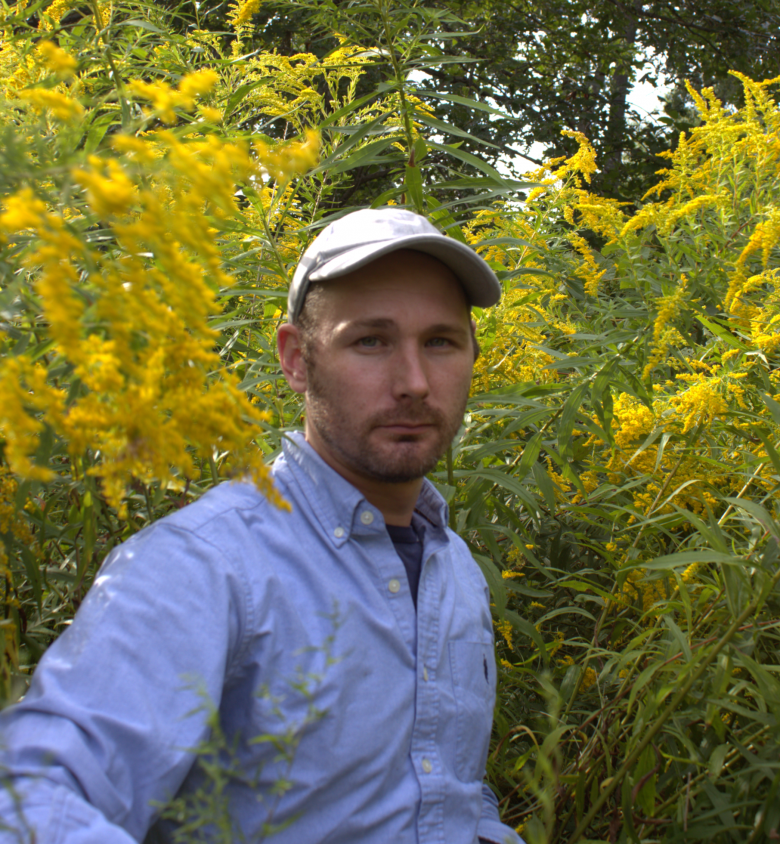By now, the face mask has become a familiar presence in our lives, both as a protective device against COVID-19, and as a key symbol of our plague-ridden times. And yet, wearing a mask is an act that historically, and even now, makes a statement beyond safety, says artist and art curator Michael Magnussen.
To help us unmask the multiple meanings that can emerge from wearing a mask during COVID-19, Magnussen is leading the online exercise Personal Mask Making – A Prototyping Exercise. Taking place on July 20 from 12 to 1 p.m., this free public workshop focuses on using mask-making to explore our perspectives on the virus and its effect on our lives. The event is presented by OCAD University’s Centre for Emerging Artists and Designers, and is part of Communities Create, an initiative developed by Ryerson University’s Creative Innovation Studio in which artists and makers share how creative expression can help us endure the isolation and life changes brought on by the pandemic.
“Many of us have a lot of thoughts and feelings about masks right now, and this workshop is a way for people to express their frustration, or their desire for different options,” says Magnussen, who completed his Master of Fine Arts degree in Interdisciplinary Studies at OCAD U in 2014. “We can shift our perception of masks as just about health, and explore their function in shaping our identity.”
Magnussen is the co-founder and co-director of Toronto’s YTB Gallery, a non-profit that supports the careers of emerging artists. Wearable sculptures has been a main focus of his professional art practice for a decade. In the workshop, he’ll guide participants through the process of using simple materials—paper, pencil, scissors, tape—to create a prototype of a personal mask. The process will involve reflecting through drawing and journaling, and using techniques such as beading and bedazzling to create a customized design.
"Creativity is useful to helping us understand our response to this crisis,” Magnussen says. “It’s strange to think about what our future looks like, and if we are going to have something on our faces for a while, we want to try and feel comfortable with it.”
Supported by a broad consortium of Canadian academic, media and arts organizations, Communities Create features weekly, online creative workshops that are available for free to Canadians of all ages and artistic abilities. Each workshop approaches the question “How are you feeling right now?” in a variety of creative ways. Participants are invited to share their resulting works on social media using the hashtag #CommunitiesCreate, and they will be compiled into a time capsule showing our collective responses to the pandemic.
“Art and creativity can be a very useful outlet for addressing the massive mental health collateral of anxiety, loneliness and grief that is affecting everyone through this pandemic,” says Ramona Pringle, director of Ryerson’s Creative Innovation Studio. “There is something incredible about the way people engage on screen when their hands are busy and they’re actively making things together. It’s almost as if it creates a sense of virtual space that everyone is participating in together.”

